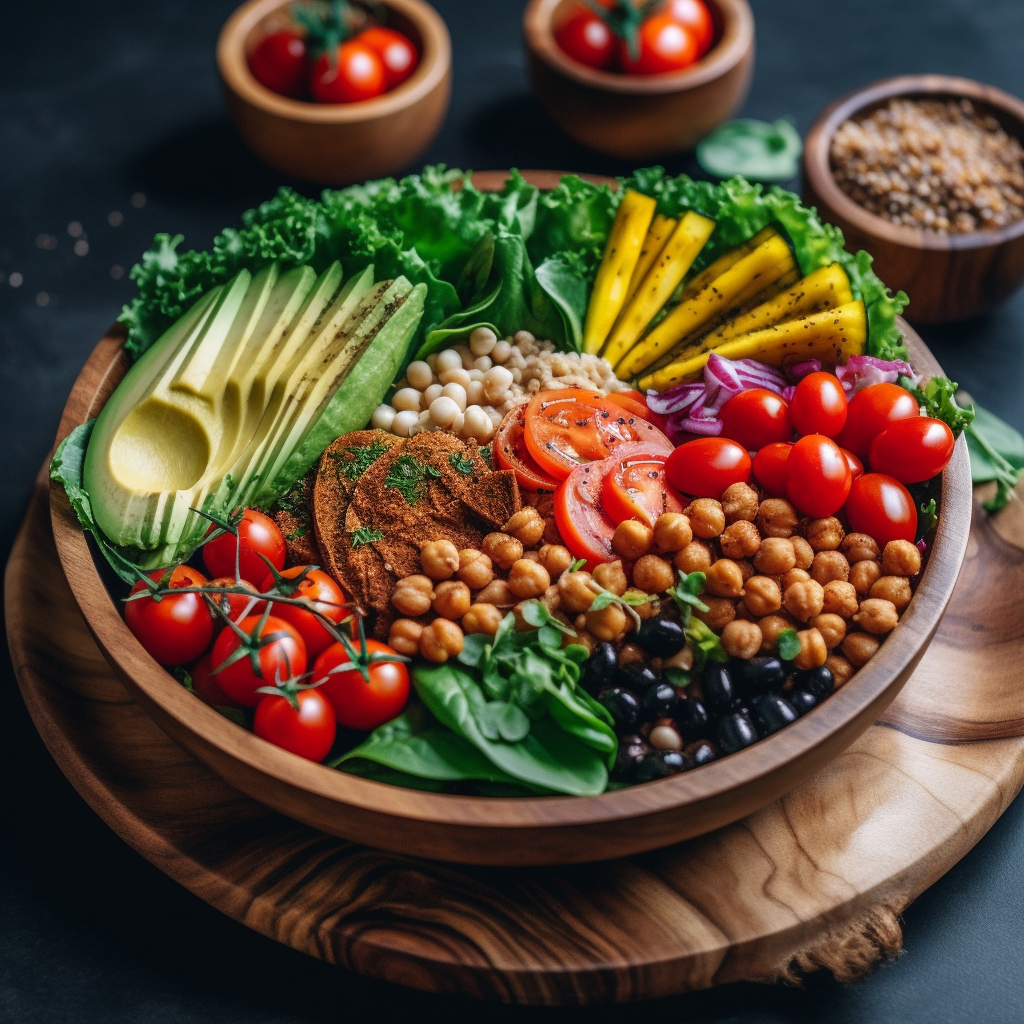Dieting is a popular topic that dominates health and fitness conversations. From magic pills to overnight weight loss plans, there’s a never-ending stream of diets promising rapid results. However, many of these diets are based on myths rather than solid scientific evidence. Here, we debunk five popular diet myths and shed light on the scientific truth behind them.
- Myth: You Can Lose Weight Fast with Detox Diets
Truth: Our bodies naturally detoxify harmful substances through organs like the liver and kidneys. There’s no scientific evidence supporting the effectiveness of detox diets for weight loss. Rapid weight loss from such diets often comes from fluid loss, not fat. A balanced, nutritious diet is the key to maintaining a healthy weight in the long term.
- Myth: Carbohydrates Make You Fat
Truth: Carbohydrates, by themselves, don’t cause weight gain. Rather, consuming more calories than your body uses leads to weight gain. Carbohydrates are a crucial source of energy, and their dietary absence can lead to fatigue, irritability, and poor exercise performance. Instead of avoiding carbs entirely, opt for whole grains, fruits, and vegetables which provide necessary nutrients and fiber.
- Myth: All Calories Are Created Equal
Truth: Not all calories are alike. Your body metabolizes 100 calories of cola differently than it does 100 calories of broccoli, largely due to the different nutrients they provide. While the cola offers ’empty calories’ with no additional nutritional value, the broccoli provides fiber, vitamin C, vitamin K, and other important nutrients. The source of your calories matters as much, if not more, than the number of calories you consume.
- Myth: Skipping Meals Will Help You Lose Weight
Truth: Skipping meals can lead to intense hunger, causing you to eat more at the next meal. It can also cause your metabolism to slow down as the body conserves energy in response to reduced calorie intake. Instead of skipping meals, strive for regular, balanced meals containing protein, fiber-rich carbs, and healthy fats to keep you satisfied and prevent overeating.
- Myth: Fat-Free Food Means Calorie-Free
Truth: Just because a product is labeled ‘fat-free’ doesn’t mean it’s calorie-free. To compensate for flavor loss, many fat-free foods contain added sugars or other high-calorie ingredients. These foods can still lead to weight gain if eaten in excess. A better approach is to focus on the quality of fats you consume, prioritizing unsaturated fats found in avocados, nuts, and olive oil over trans fats and saturated fats.
Navigating the world of dieting can be challenging, especially with numerous myths clouding the truth. It’s essential to approach any diet plan with a critical mind, scrutinizing it for scientific validity. Always remember that there’s no substitute for a balanced diet, regular exercise, and a healthy lifestyle. Before embarking on a new diet plan, consider consulting a dietitian or nutritionist to help guide your path towards sustainable, healthful eating habits. In doing so, you can move beyond the myths and towards a future of informed, mindful eating.





